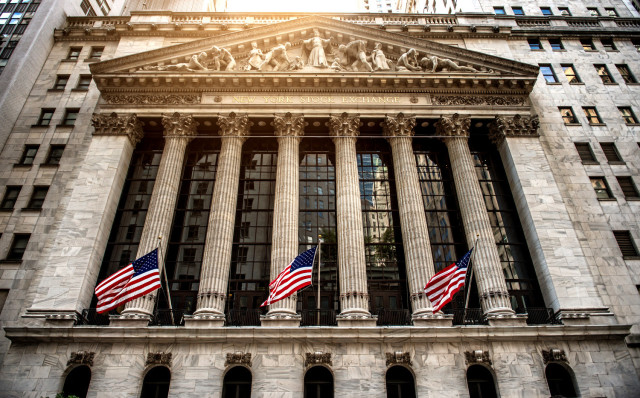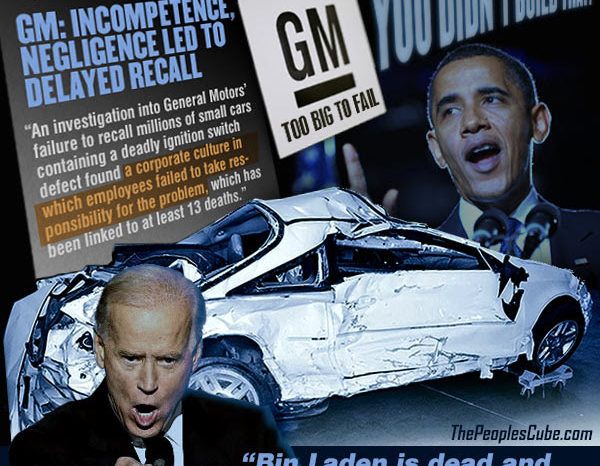Why We Should Let Bad Banks Fail

Bad banks need consequences. Let them fail.
By now, you’ve likely heard about regulators closing down Silicon Valley Bank (SVB) and now Signature Bank as well.
While I’m not going to go into all the details, the basic story is described well in this article on Seeking Alpha. Essentially, SVB received a large influx of deposits as the Federal Reserve flooded the market with dollars during COVID.
From there, SVB went out and bought government bonds to store that money. But then, the Federal Reserve started enacting policies which moved interest rates up. The problem? As interest rates rose, the bonds SVB purchased in the past declined in value.
Bond prices and the interest rate have an inverse relationship. If interest rates increase, you can earn a higher return on financial assets purchased today. When that happens, bonds issued at a previously lower rate must sell at a discount to compete.
So when rates rose, SVB’s assets (composed largely of old lower-rate government bonds) plummeted in value.
Let Losers Lose
The key question now is, what are we going to do about it?
I have a modest proposal—let them fail.
Allowing banks to fail may sound extreme, but it’s really the most reasonable solution. It’s true there will be some costs if the banks fail. Any time a business fails, other investors tied financially to the company lose.
But here’s the rub—people who invest in bad businesses should lose. SVB’s failure is a reflection of the fact that it was a wealth shredder. It took depositors’ perfectly good cash, and converted it into now severely devalued bonds.
Banks that destroy wealth shouldn’t be allowed to continue to do so indefinitely. And when depositors make a “run” on bad banks, they’re performing a public service.
Kicker: a run on an insolvent bank has the salutary effect of pulling the plug on a wealth-destroying machine.
— Lawrence H. White (@lawrencehwhite1) March 11, 2023
At this point, a bank bailout not only would mean the taxpayers will be left holding the bag for bankers’ mistakes—it would mean screwing up incentives in the banking industry even more.
Hazardous Handouts
To see the incentive problem, consider an example. Imagine a world where, no matter the circumstances, the government will pay to fix cars after every accident. What do you think this would do to the number of car accidents per year? It would sky-rocket.
If you never need fear paying a price for crashing your car, why drive carefully? There is still some incentive to avoid serious accidents due to injury, but the point is this system lowers the cost of risky behavior, and therefore lowers an individual’s incentive to be careful. Economists call this a moral hazard problem.
And this is the primary issue with bank bailouts. If the government sets a precedent that all bank failures will be ameliorated by using taxpayer money, banks will engage in risky behavior which they otherwise would not. Why be cautious with depositors’ money if you get a bailout no matter what?
You cannot have a healthy free market when you privatize the profits and socialize the losses. The taxpayer’s wallet, if treated like common property, will be subject to the tragedy of the commons.
Banking, where the rules are made up and the losses don't matter
— Brian Albrecht (@BrianCAlbrecht) March 12, 2023
And I don’t just mean that I’m against a formal bailout to save investors. I’m opposed to taxpayer dollars being reallocated to save the bottom line of anyone involved. Some may worry about small depositors, but the FDIC already insures up to $250,000 (regardless of what I or anyone else thinks about that policy), meaning every depositor who has less than that in their account is getting their money back already.
And for the larger depositors? Business deals have risks. We cannot pay people to ignore that fact. If you want to house more than a quarter of a million dollars in any one institution you should be very careful in picking.
If some individual wants to come along and buy SVB or these other failing banks and try to resuscitate them, I invite them to try. Maybe there is a profit opportunity there. But if the choice is between a bailout and letting them fail, the answer is clear to me.
If they can have the profits, they should have the losses as well.
AUTHOR
Peter Jacobsen
Peter Jacobsen teaches economics and holds the position of Gwartney Professor of Economics. He received his graduate education at George Mason University.
EDITORS NOTE: This FEE column is republished with permission. ©All rights reserved.









